When Love Leads: Elizabeth and Philip’s Story of Reclaiming Unity
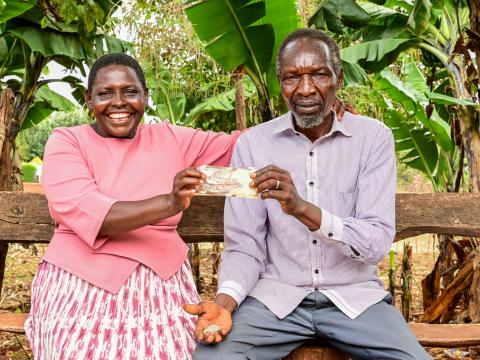
In the hilly Orapsang' village of Elgeyo Marakwet county, a remarkable transformation has taken place. The once-strained marriage of Elizabeth Cheboi and Philip Chesang now stands as a beacon of peace, purpose, and prosperity.
"Before, there was a lot of quarrelling," recalls Abraham Kiplagat, Elizabeth and Philip's son. "My father used to make decisions alone."
Elizabeth's days were overwhelmed with responsibilities. As a replicate farmer implementing the Farmer Managed Natural Regeneration (FMNR) approach, she simultaneously managed a small business, ran the household, raised three children, and shouldered the burden of paying school fees. All while feeling desperately alone.
Philip, unemployed and struggling with alcoholism, remained distant and disengaged from their family's development. "I would leave home early in the morning and return in the afternoon, having wasted valuable time," Philip admits of his past. His habits drained both time and resources from their struggling family. Sometimes, the family even went to bed hungry.
Everything changed in 2023 when the couple attended the Gender Inclusive Financial Literacy Training (GIFT) offered by World Vision's Central Rift Farmer Managed Natural Regeneration Scale-Up Project (CRIFSUP).
"We learnt about budget planning, the roles of women and men," Elizabeth shares. "Before, I had so many responsibilities, whilst my husband had very few. After the training, we sat down and decided to work together." The training provided more than financial management skills—it offered a new understanding of gender roles, partnership, and shared responsibility within the home.
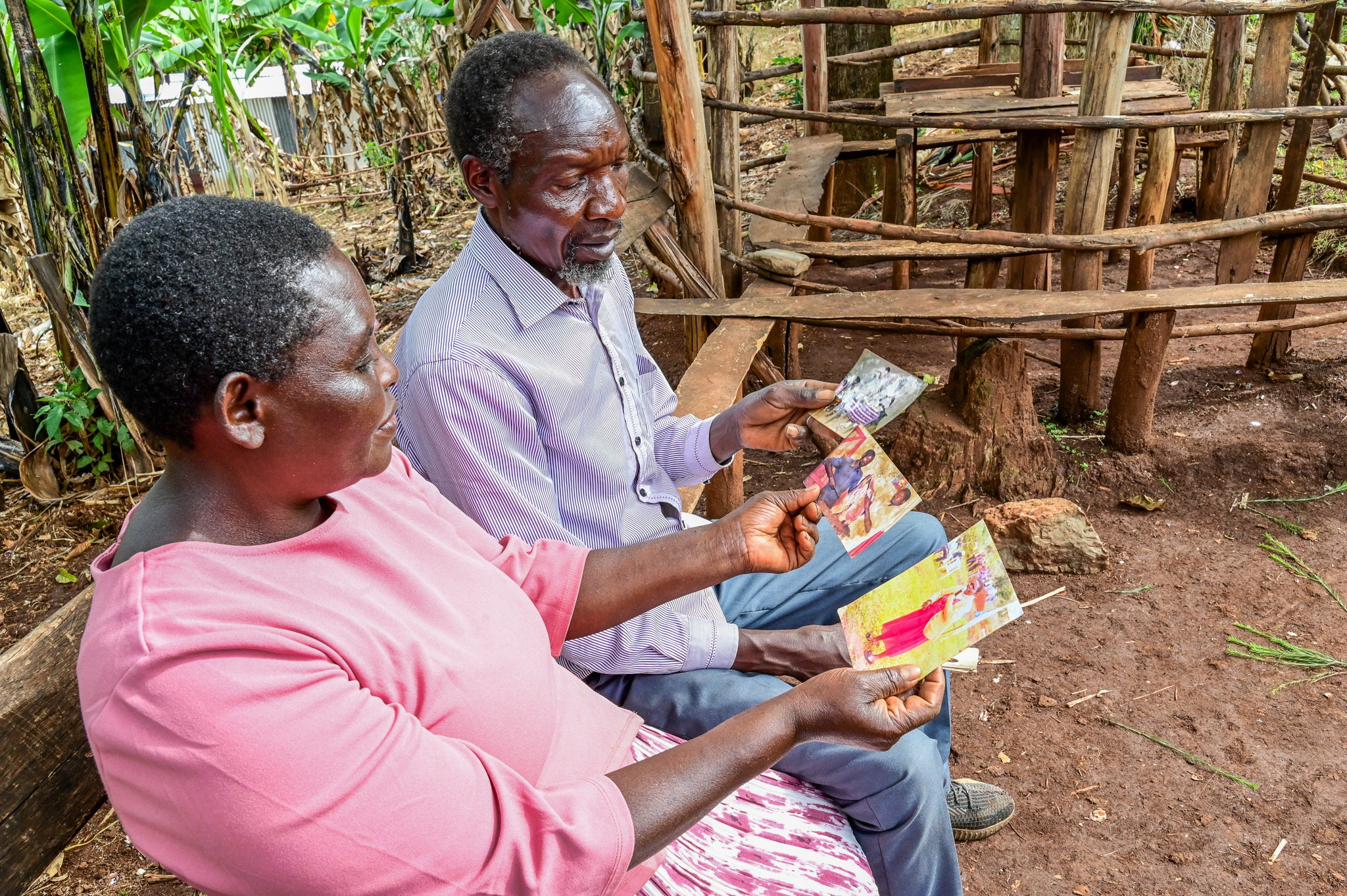
Philip began helping with tasks traditionally considered "women's work" in their community—milking cows, cooking, caring for the children, and managing livestock.
"Traditionally, women were expected to care for children, fetch water and firewood, cook, clean the home and wash clothes. Men had fewer roles that mostly included herding and protecting the homestead, after which they were free to go out socialising," Philip explains. "Now, I can take care of any of these tasks when my wife is busy or unwell. It's about working together."
These changes didn't go unnoticed in the community. "Many accused me of using charms on my husband because he was taking up chores designated for women," Elizabeth recalls with a smile. But Philip remained steadfast. "I ignore them because I know the benefits my family is getting."
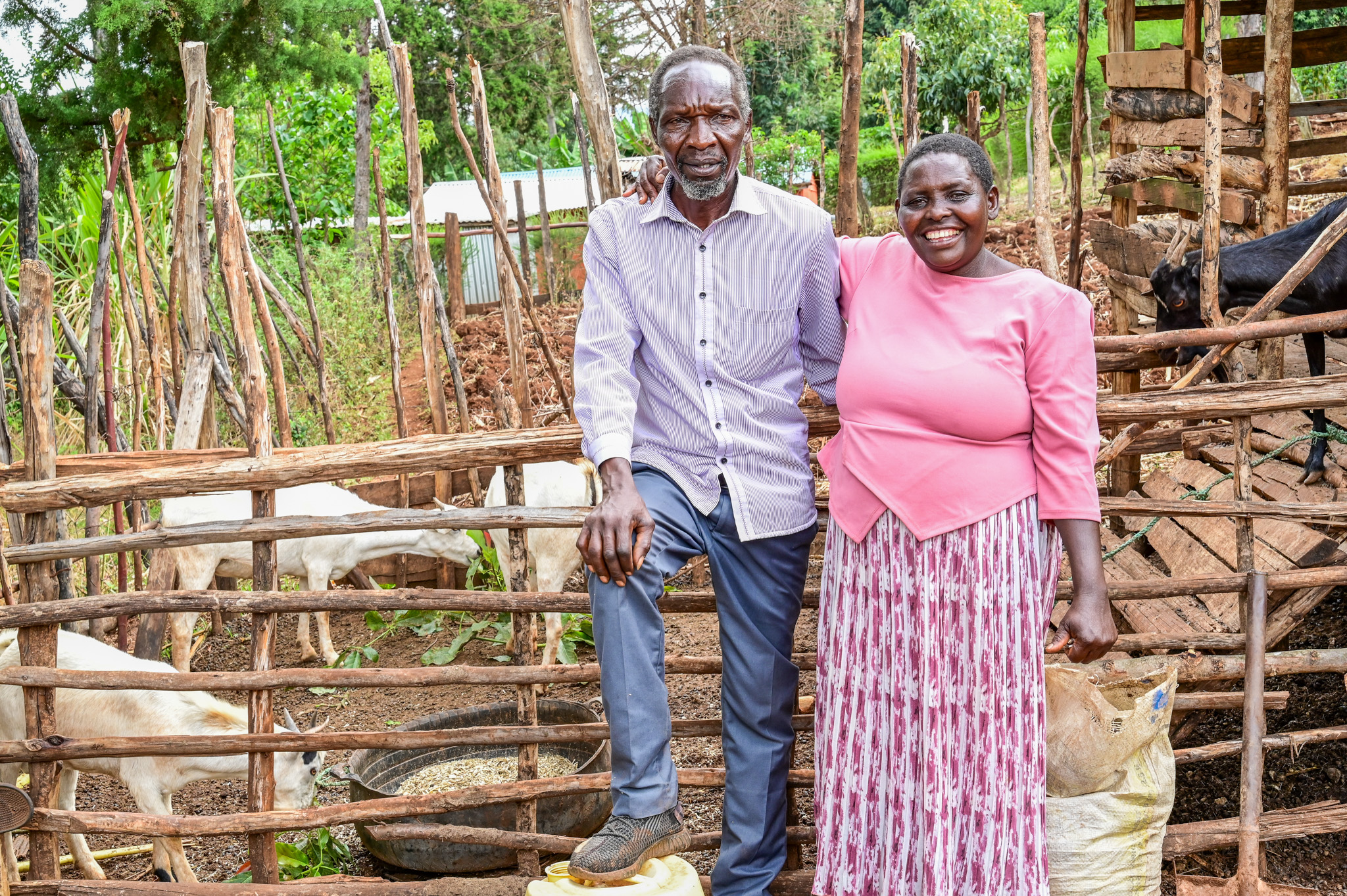
Where conflict once ruled, harmony now flourishes. The couple's balanced workload has created a stable, loving environment where their children thrive. Together, they budget, plan, and save for their children's education whilst investing in livestock and developing greater visions for their household.
Their first joint investments after the training included a goat (which has since multiplied) and a dairy cow that provides daily income through milk sales. Their farm now produces enough food not only for their family but also to share with neighbours.
"We now have food in abundance," Philip says proudly. "Before, we could sleep hungry. Now, no visitor leaves without eating." The transformation was deeply personal for Philip, who quit drinking and smoking after the training. "I realised I was going at a loss," he reflects. "Now I use that time for farming and caring for my family."
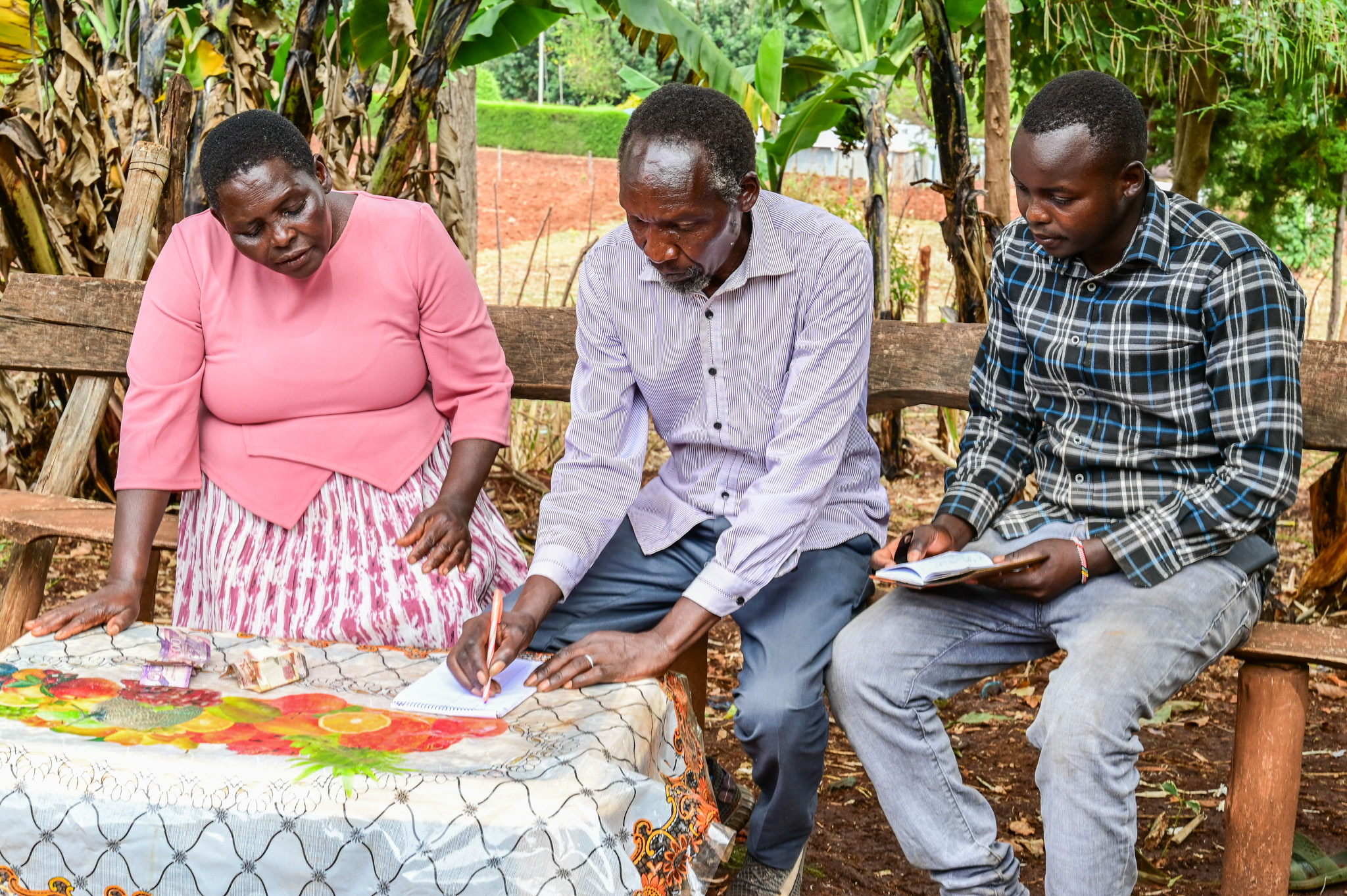
Today, Elizabeth and Philip embrace transparency and teamwork. Their son Abraham has witnessed the change firsthand: "Now, they plan together and at times consult us children."
"What brings me the greatest joy," Abraham adds, "is the unity at home. It brings joy, success, and prosperity to the family." Elizabeth's message to other families reflects their journey: "Love and peace in the home are more important than anything else. With constant conflict, there is no progress. But with love, homes can succeed in all their work."
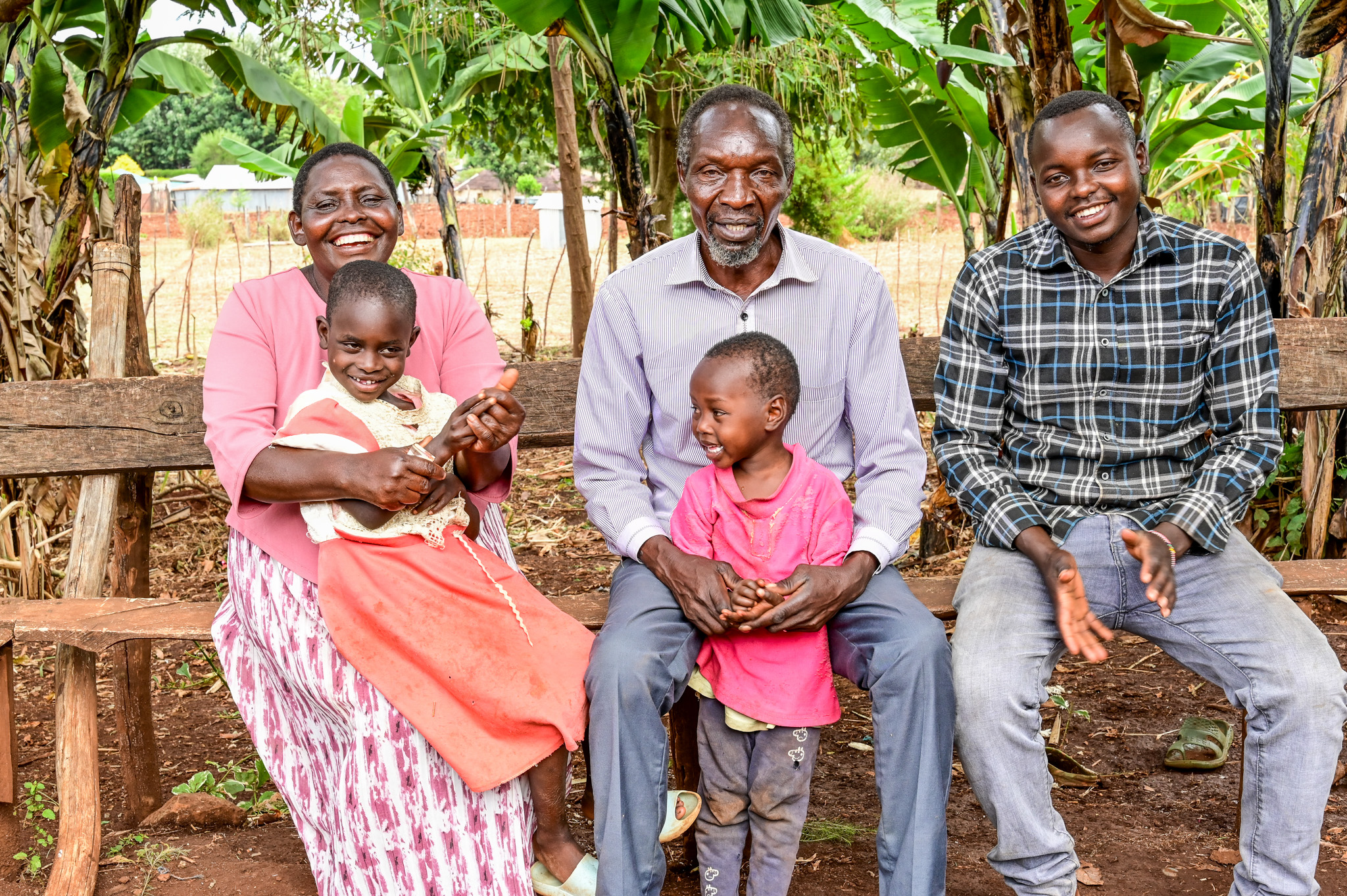
Thanks to funding from the Australian NGO Cooperation Program (ANCP), over 100 couples across Baringo, Nakuru, Elgeyo Marakwet, and West Pokot Counties have received GIFT training.
Through this initiative, Elizabeth and Philip's journey serves as an inspiring example of how collaboration between couples can build stronger partnerships, improve household livelihoods, and nurture the well-being of their children—creating a legacy of unity that extends far beyond their home.
By Hellen Owuor, Communications Specialist (CRIFSUP), World Vision Kenya